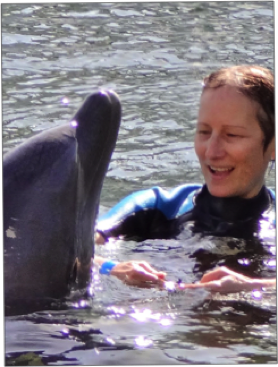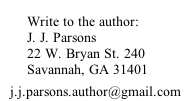Books leave an impression. When I’m reading a well crafted book, it works like a soundtrack--a sort of underlying theme while I wend and weave through the day. Some books make me smile and hum. Other books make me anxious. And that is a point that troubles me about today’s dystopian reading trends.
Dolphins, of course, are quite sensible, but middle grades girls and boys are sensitive. And so many children face real-life challenges; a parent on deployment, a crumbling urban neighborhood, scary schools. Perhaps we do well to encourage children to read books that encompass these challenges and show how they can be overcome. That strategy seems reasonable on face value, but is there a line past which we are burdening children with problems that may not have easy solutions?
If, in 100 or 200 pages, the protagonist in a book can solve the dark challenges that pervade society, what kind of impression does that leave on young readers who grapple with problems beyond their control? Is there a point at which books go beyond challenging and become oppressive?
As I think of themes for the books I write, my goal is to supply readers with plenty of action in situations that are challenging, but arms-length from the dregs of real life. Yet, I want the books to have value, so I try to add a learning component scattered about in the corners of the plot and dialog. At the end of the book, I like to explain what’s real and what is not. So, the nuclear submarine with 571 on its conning tower is, indeed, the first nuclear submarine in the world, and no, the crystal that seems to stop motors is not real, but there is such a thing as electromagnetic pulse (EMP) that can disable electronic equipment. Maybe one of my young readers will get a Ph. D. in physics and invent a real device that when dangled in the sea instantly stops boat motors.
I want to encourage children to read and to learn. So, I work with short paragraphs, snappy dialog, and books that are no longer than 200 pages. My hope is to lure in boys with short attention spans who might be daunted by a thick volume. In fact, the upcoming Edison Jones series that takes place in the Middle East was originally written as a single, 400 page book, but is now divided into three shorter books, more suitable for MG readers.
Growing up in a generation that sought enlightenment and then invented the Internet, J. J. Parsons writes from a crazy quilt of experiences that include earning an elementary education teaching degree in math-science, studying with famous yoga gurus, teaching college-level Computer Science, and authoring best-selling technology textbooks. After living in the Virgin Islands for twenty years, the author now lives on a picturesque street in Savannah that’s shaded by huge live-oak trees and wisps of Spanish moss.

Dolphins understand instructions. I am giving the signal for "hugs" that tells my swim companion to scoot in close so I can give him a hug. I've supplied some general info about swimming with dolphins here.
THOUGHTS ON MIDDLE-GRADE GIRLS, BOYS, AND DOLPHINS...

ABOUT THE AUTHOR
ABOUT


